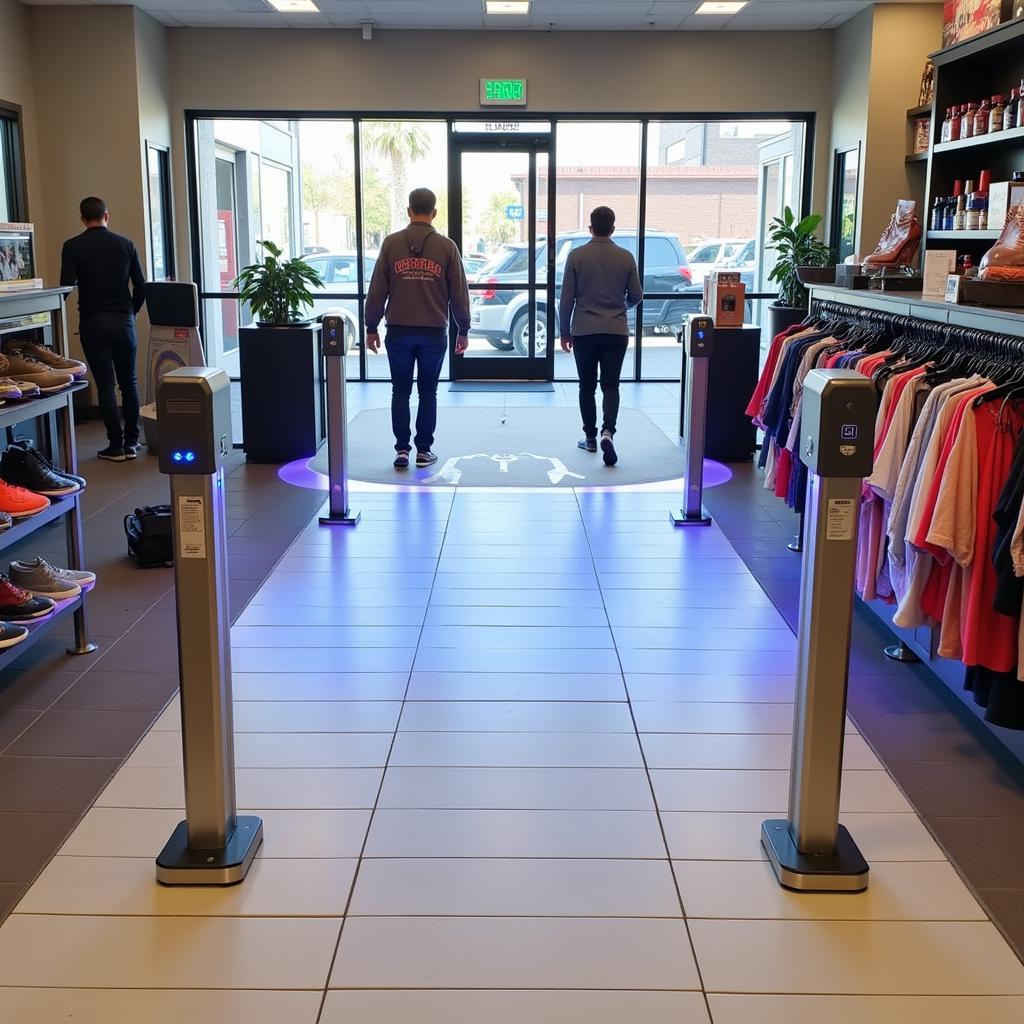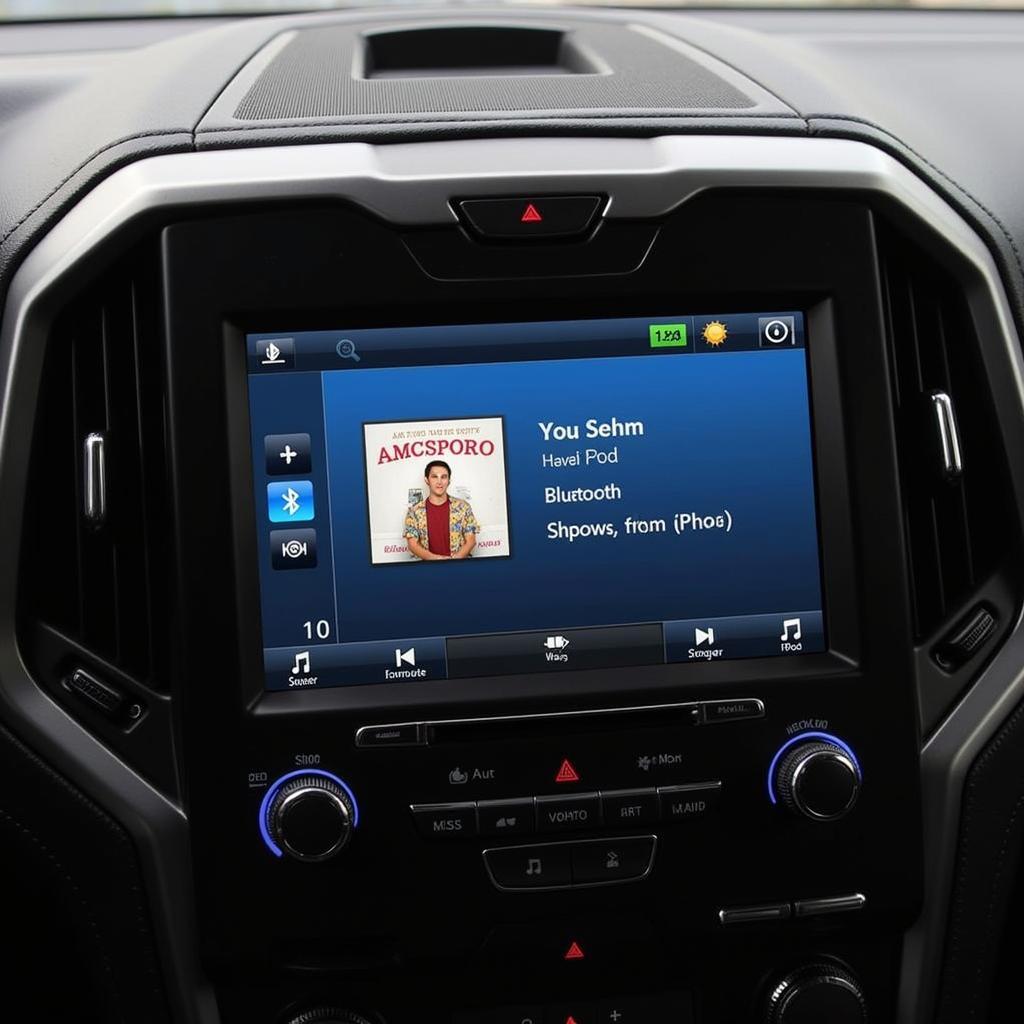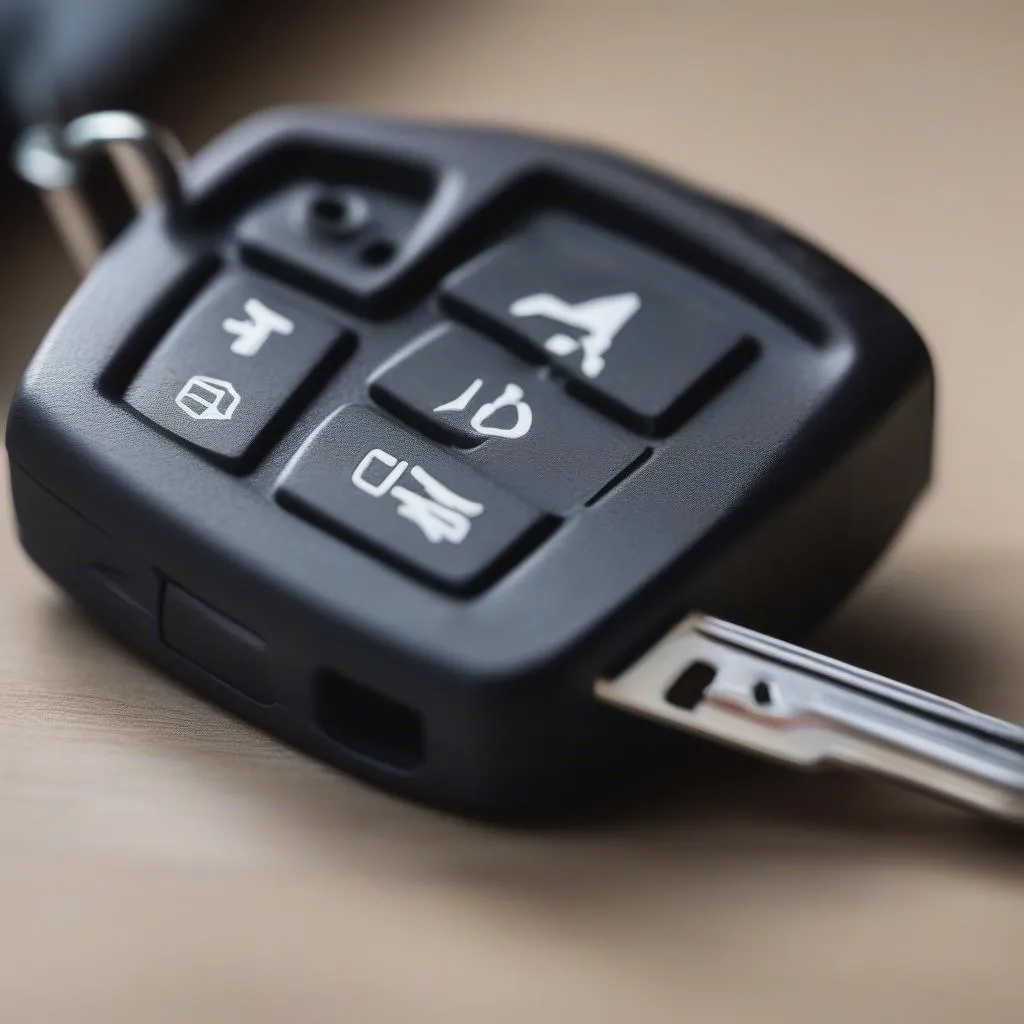Do anti-theft detectors affect holter monitors? This is a common question among patients undergoing cardiac monitoring. Understanding the potential interaction between these two devices is crucial for accurate diagnosis and patient peace of mind. This article will delve into the science behind both technologies and explore whether anti-theft systems can interfere with Holter monitor readings.
Understanding Holter Monitors and Their Function
A Holter monitor is a small, portable electrocardiogram (ECG) device that records your heart’s electrical activity continuously for 24 to 48 hours or even longer. It’s used to detect irregular heartbeats (arrhythmias) that may not be found during a regular ECG exam. The monitor attaches to your chest with electrodes and stores the ECG data on a digital recorder. This data is then analyzed by a physician to identify any potential heart problems. Holter monitors are invaluable diagnostic tools, providing detailed insights into heart function over an extended period.
Anti-Theft Detectors: How They Work
Anti-theft detectors, commonly found in retail stores and libraries, utilize electromagnetic fields to detect security tags attached to merchandise. These systems emit radio waves at a specific frequency. When a tagged item passes through the detection gates, the tag’s antenna resonates with the emitted waves, creating a detectable change in the electromagnetic field, triggering an alarm. Different types of anti-theft systems exist, including acousto-magnetic and radio frequency (RF) systems, each using slightly different technologies.
 Retail Store Anti-Theft Detectors
Retail Store Anti-Theft Detectors
Can Anti-Theft Detectors Interfere with Holter Monitors?
While it’s theoretically possible for electronic devices to interfere with one another, the likelihood of anti-theft detectors significantly impacting Holter monitor readings is generally low. Holter monitors are designed to be shielded from most everyday electromagnetic interference. The amount of electromagnetic energy emitted by anti-theft detectors is relatively low and brief. Furthermore, the frequencies used by these systems are typically different from those used by Holter monitors, minimizing the risk of interference.
What if I Experience Unusual Readings After Passing Through an Anti-Theft Detector?
Although interference is rare, it’s not entirely impossible. If you experience unusual readings on your Holter monitor immediately after passing through an anti-theft detector, note the time and location of the event. Inform your physician about the incident when you return the monitor. They can analyze the data and determine if the readings are clinically significant or simply artifacts caused by transient electromagnetic interference.
Expert Insights
“In my experience, anti-theft detectors rarely cause significant interference with Holter monitors,” says Dr. Emily Carter, a cardiologist with over 20 years of experience. “Holter monitors are designed with shielding to protect against common sources of electromagnetic interference.”
Another expert, Dr. James Miller, a biomedical engineer specializing in medical device technology, adds, “The frequencies used by anti-theft detectors and Holter monitors are typically distinct, minimizing the potential for interference. While some minor fluctuations might occur, these are usually easily identifiable and disregarded during analysis.”
Conclusion
Do anti-theft detectors affect holter monitors? The answer, in most cases, is no. While theoretical interference is possible, the risk is minimal due to the design of Holter monitors and the low energy levels emitted by anti-theft detectors. However, it’s important to note the time and location of any potential exposure and inform your physician so they can accurately interpret the Holter monitor data. This will ensure a proper diagnosis and address any concerns about potential interference.
FAQ
- What should I do if my Holter monitor alarm goes off while passing through an anti-theft detector?
- Can airport security scanners affect my Holter monitor?
- Are there any other devices that can interfere with a Holter monitor?
- How can I minimize the risk of interference with my Holter monitor?
- What are the most common reasons for unusual readings on a Holter monitor?
- Can I use my cell phone while wearing a Holter monitor?
- Will going through a metal detector affect my Holter monitor?


